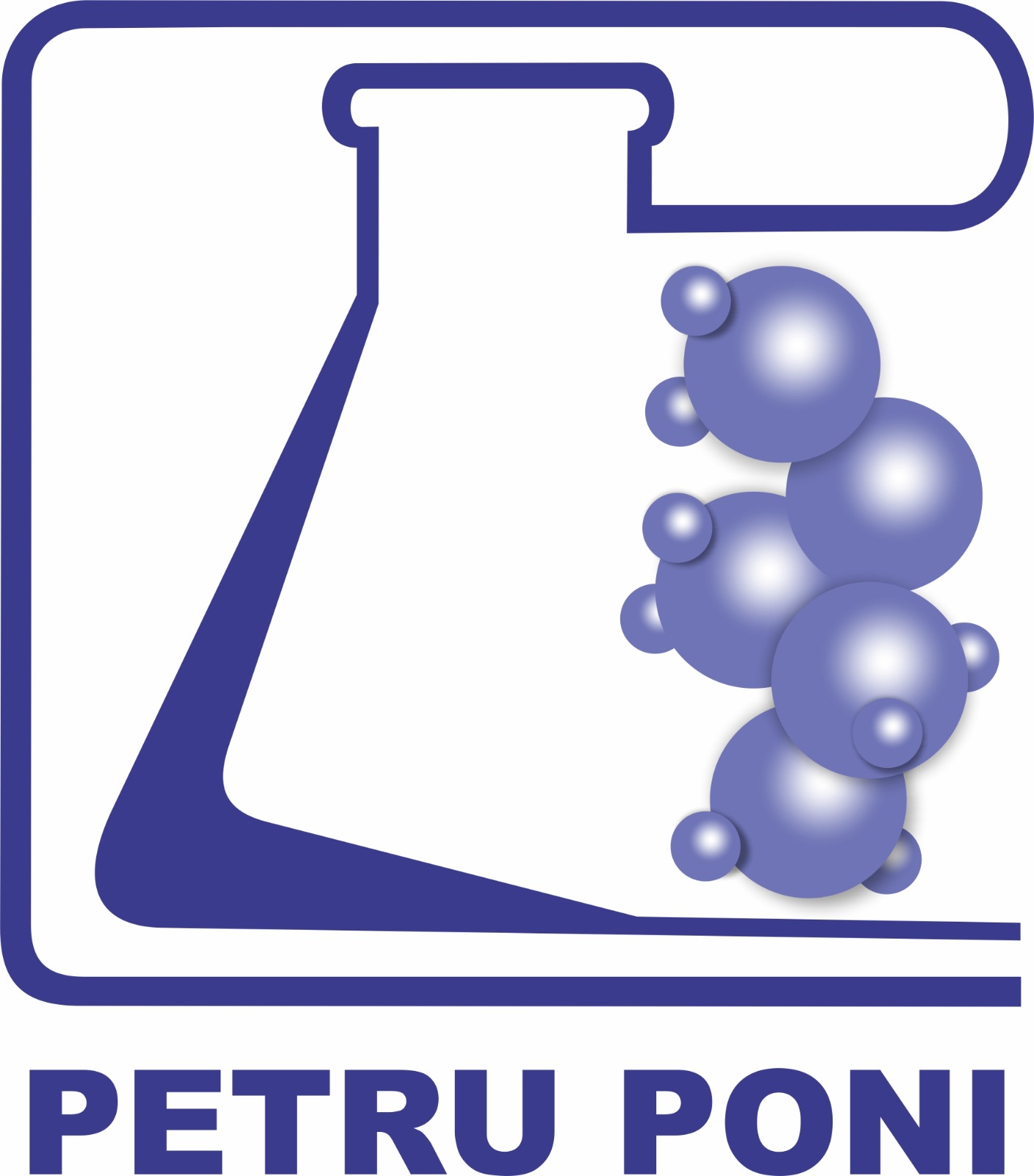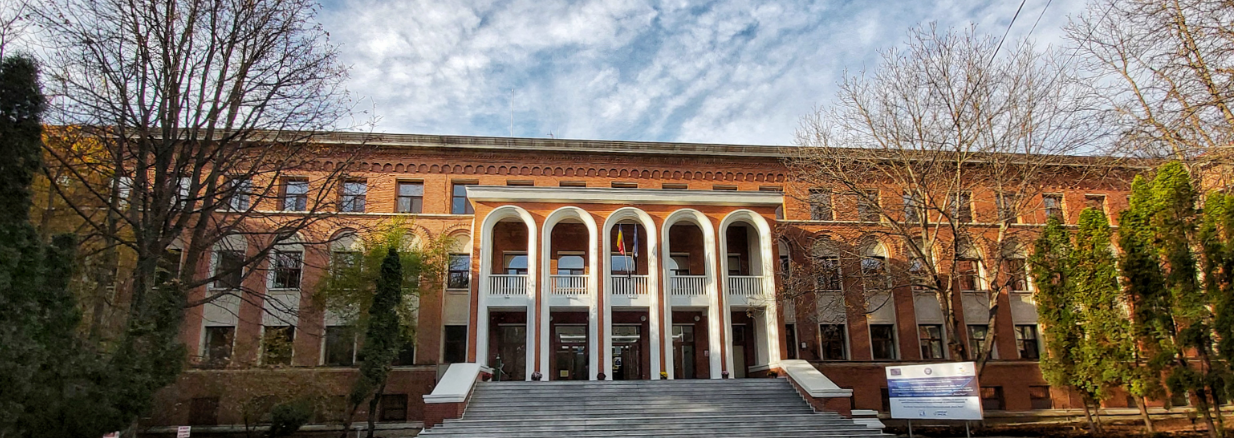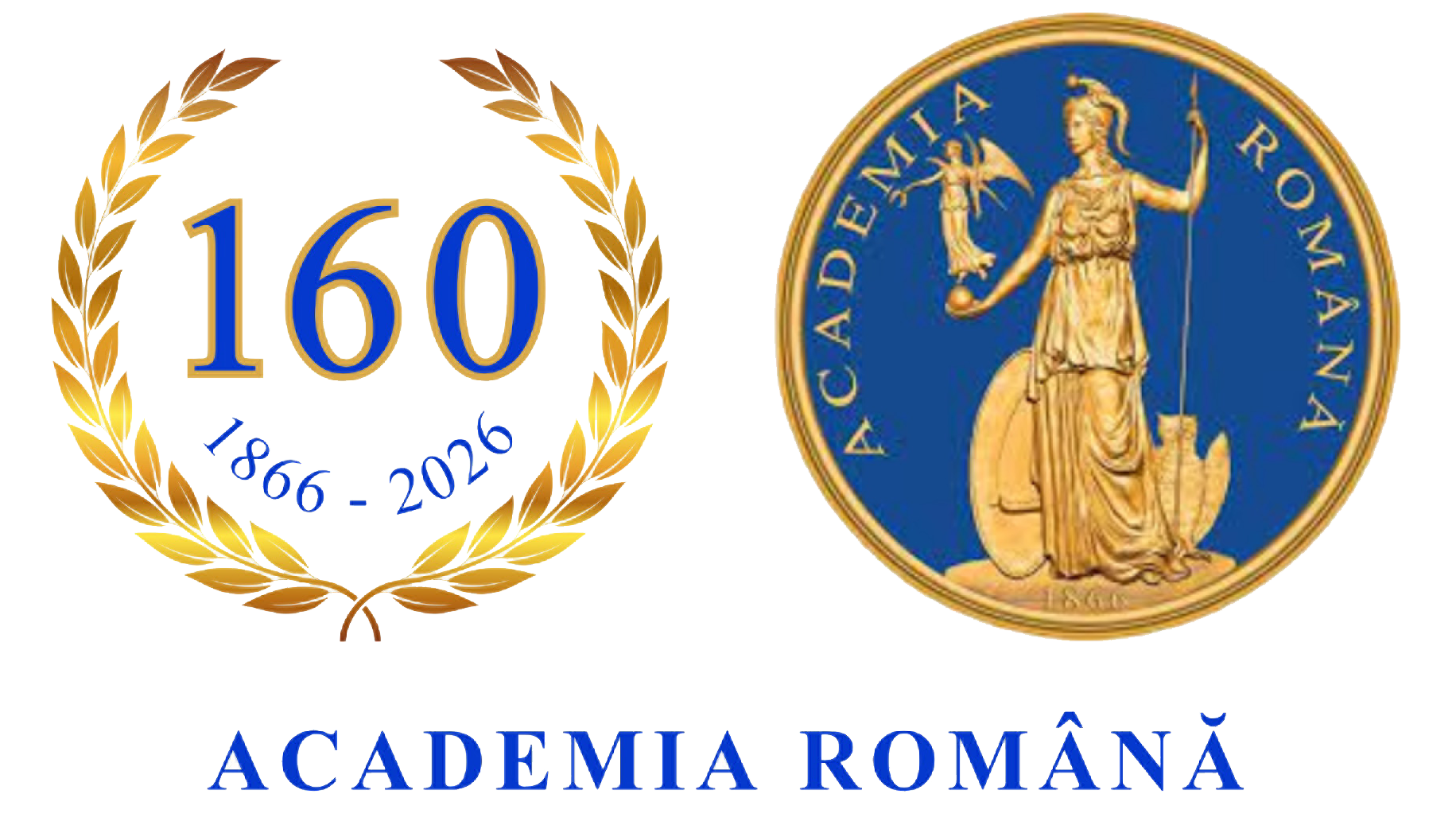PROJECT CODE: PN-III-P1-1.1-TE-2021-0739
CONTRACT NUMBER: 158/23.06.2022
ACRONYM: NanoClean
DURATION: 24 months
STARTING DATE: 27.06.2022
FUNDING PROGRAMME: Human Resources, Subprogram: Young Research Teams
CONTRACTING AUTHORITY: Executive Agency for Higher Education, Research, Development and Innovation Funding
TOTAL BUDGET: 450.000,00 lei
NanoClean aims to identify a new efficient, cost-effective solution to one of the most provocative challenges of the gastroenterology field represented by dodenoscope reprocessing. Within this framework it is evaluated for the first time the disinfectant activity of metal oxide nanoparticles (MeO-NPs), in an attempt to improve the quality of medical care and the quality of patient’s life. There will be synthetized, characterized and tested different classes of MeO-NPs represented by simple and mixed metal oxides with antimicrobial properties. The additive or synergistic interactions resulting from the loading of nanoparticles with active substances will be studied. Through the products developed and tested, the project explores the possibility of obtaining disinfectants that have a different mechanism of action than the classic substances, with applications against resistant pathogens. To evaluate the disinfection efficacy and the required time of contact MeO-NPs will be tested in vitro in biomimetic conditions on multidrug-resistant organisms (MDRO) producing biofilms on duodenoscope. Subsequently there will be tested also the MeO-NPs compatibility with duodenoscope polymer coatings, internal channels and elevator. This project constitutes a new direction in finding new classes of efficient disinfectants to fight against microbial resistance, emphasizing MeO-NPs as a promising alternative which meets the requirements to be used in duodenoscope reprocessing. | 





